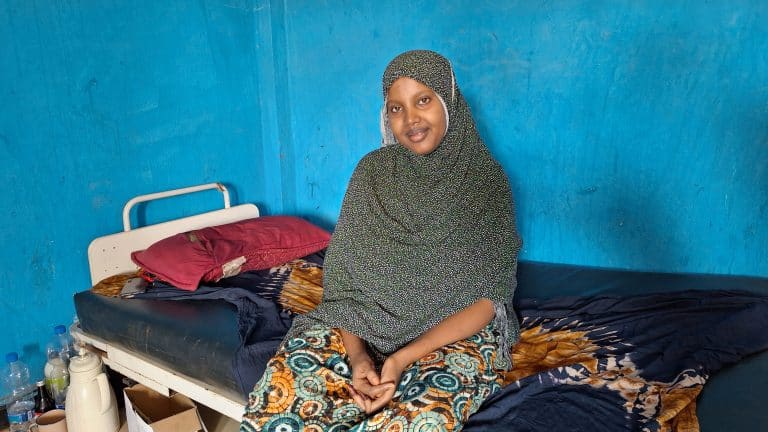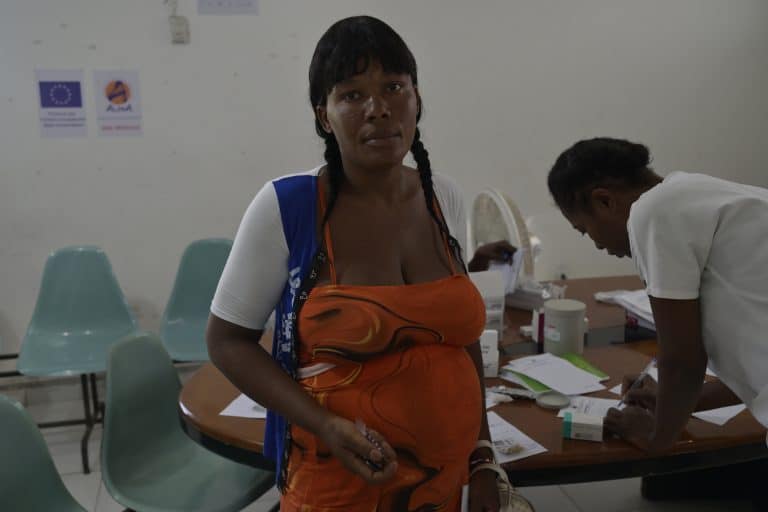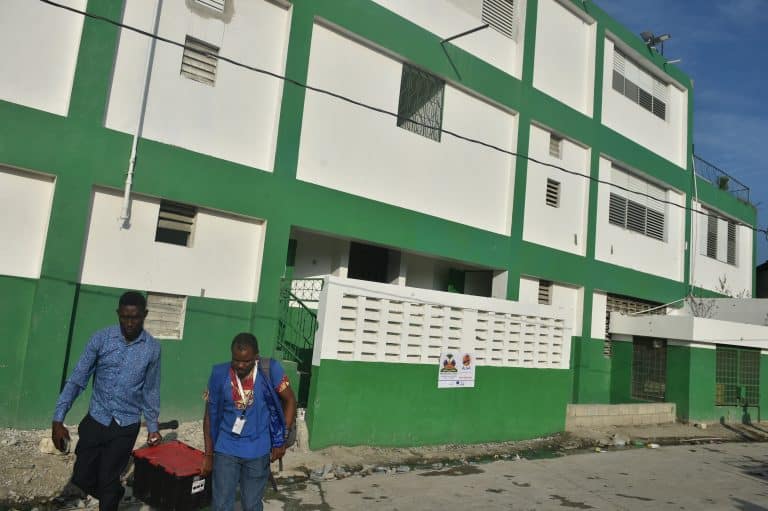COVID-19 Pandemic: What is the current situation in Africa?
As of March 25, 2020, the GIS (Geographic Information System) records more than 441,000 confirmed cases and more than 19,700 deaths. In Africa, 2,204 cases have been confirmed, including 347 new cases, and 62 deaths. 42 countries in Africa have reported at least 1 case of COVID-19. The countries reporting the most cases are Egypt, South Africa, Morocco and Senegal.
Since the end of January, ALIMA has been preparing to respond to COVID-19 in Africa. What is ALIMA doing and what are the priorities?
Since January, ALIMA has been preparing to respond to the outbreak of the COVID-19 pandemic in Africa. First of all, an assessment of the COVID-19 response capacity of the countries where ALIMA is intervening has been initiated. Then, the availability of personal protective equipment, drugs and respiratory resuscitation equipment was measured. Finally, ALIMA assessed the possibility of support to the Ministries of Health and to the facilities caring for infected patients.
Our priorities are to support the Ministries of Health by strengthening their capacity to care for the sick, and also in Infection Prevention and Control measures. Alongside the World Health Organization (WHO), ALIMA also provided assistance by offering two trainings on the medical management of COVID-19 cases, organized by WHO in Brazzaville. ALIMA is currently working on the pre-positioning of medical supplies to cope with this pandemic.
Can you explain what aspects of pandemic preparedness and response is specific to African countries?
African health systems are very fragile and not ready to face this pandemic. The number of qualified staff, and the availability of drugs and biomedical materials are challenges for African countries.
In addition to these structural problems, Africa bears a significant burden of morbidity and mortality related to malaria, malnutrition, diarrheal diseases and respiratory infections. A destabilization of this already fragile system could lead to an increased mortality of other diseases. Additionally, epidemiological surveillance in Africa is rather weak, and if we aren’t detecting cases of COVID-19, this will delay treatment and response.
What is the current situation in Senegal and how is ALIMA supporting the local response?
According to the Senegalese Ministry of Health: 99 cases have been reported in the country, as of March 25, 2020. Among these 99 cases, 8 patients have been declared cured in Senegal and 78 remain in isolation at the Treatment Centers. No deaths have been recorded to date.
In Senegal, ALIMA is currently supporting the COVID-19 Treatment Center within the University Hospital of Fann, in the capital city, Dakar, with renovations and the supply of medical and laboratory equipment. We are also providing support to bring in additional medical staff and other human resources. The aim is to work for the Infection Protection and Control of the disease within the hospital and thus limit the risk of spread of COVID-19 among staff and other patients. Finally, ALIMA provides technical support to other sites in Senegal where patients are cared for, such as Touba and Diamniadio.
What is the current status of the management of COVID-19 cases in Dakar and the other cities identified? Is the equipment needed to fight the disease available and adequate?
Materials are available, but in very limited quantities. The Ministry and its partners are mobilizing to provide health structures with adequate means. The Treatment Center for COVID-19 in Dakar has a capacity of 12 beds. There are 13 patients currently being treated there. The Department plans to increase this capacity in the coming days to nearly 100 beds. The pediatric center in Diamniadio, 30 km from Dakar, has a capacity of 47 beds and has already received 45 confirmed cases in the last few days, while Touba has a capacity of 25 beds. A space has been identified to house a treatment center with a capacity of more than 48 beds.
Are there resuscitation options in Senegal?
Yes, some facilities such as the Fann Hospital in Dakar have the possibility of doing resuscitation. This capacity will be gradually extended to other treatment centers.
What response is ALIMA planning in Africa, particularly in Cameroon and Burkina Faso to fight COVID-19?
ALIMA intends to provide the same type of support to other countries in Africa and will adapt to local needs and responses.
Many thanks to Dr. Papys Lame for this interview and to all the ALIMA health workers and staff who are currently fighting COVID-19 and saving patient’s lives.
The Bill & Melinda Gates Foundation, already a partner of ALIMA, is funding ALIMA’s COVID-19 response actions in Senegal and Cameroon for a period of 6 months.
Cover picture : © Olivier Papegnies / ALIMA
Photo of Dr. Papys: © ALIMA





